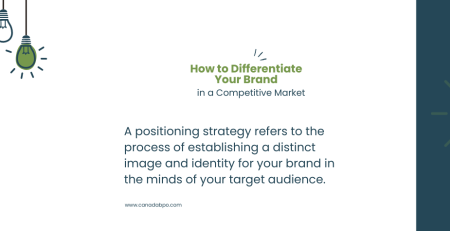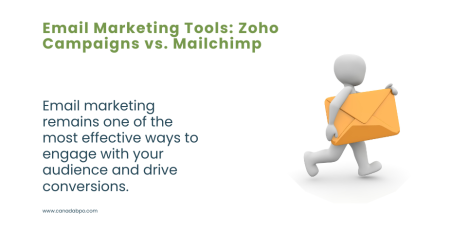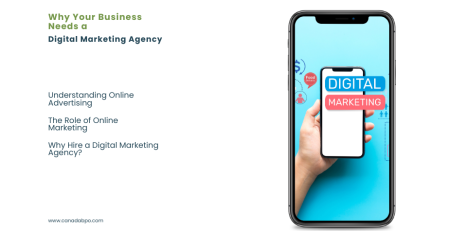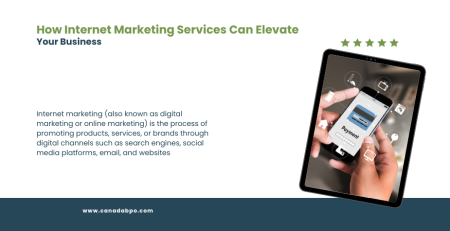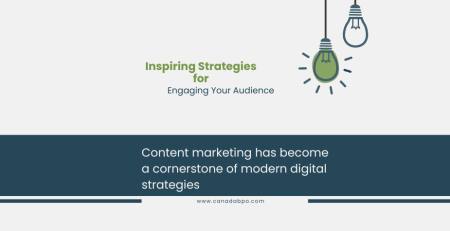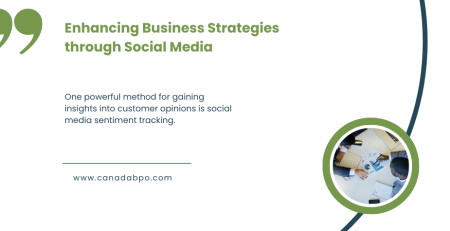A strong marketing strategy is essential for standing out, generating leads, and closing deals. Whether you’re a real estate agent, broker, or firm, creating a comprehensive and dynamic marketing plan can make all the difference in growing your business. With the right mix of digital, traditional, and community-focused tactics, you can reach a broader audience and establish your brand as a leader in the industry.
Here’s how to develop a winning real estate marketing strategy to elevate your business and attract potential buyers and sellers.
1. Build a Strong Online Presence
Your online presence is the cornerstone of your real estate marketing strategy. Homebuyers and sellers increasingly rely on the internet to find properties, compare prices, and research agents. That’s why having an optimized, user-friendly website and an active presence on social media platforms are essential components of your plan.
Website Optimization: Your website should feature high-quality images, property listings, virtual tours, and a blog that highlights your expertise in the local real estate market. It should also be optimized for mobile, as a significant portion of home searches happens on smartphones.
SEO for Real Estate: Implement strong SEO (Search Engine Optimization) practices by optimizing your website for relevant real estate keywords like “homes for sale in [city]” or “real estate agent near me.” This will help drive organic traffic from search engines like Google.
Social Media Engagement: Platforms like Instagram, Facebook, and LinkedIn offer great opportunities to engage with potential clients. Share success stories, showcase new listings, and post relevant market updates to stay top of mind.
2. Utilize High-Quality Visuals
In real estate, first impressions are everything, and that starts with visuals. Professional photography, drone footage, and virtual tours give potential buyers an immersive experience of the properties you represent.
Professional Photography: Invest in high-quality, professional photos for every listing. Well-lit and well-composed images make properties more appealing to buyers browsing online.
Virtual Tours and Video Walkthroughs: Virtual tours allow clients to explore properties remotely, which is particularly beneficial for buyers who can’t physically visit the property. Use video walkthroughs to highlight unique features of each home and share them on your website and social media.
Drone Photography: For larger properties or homes in scenic locations, drone footage can give buyers a unique perspective and create stunning visual content.
3. Leverage Email Marketing
Email marketing is a highly effective way to stay connected with prospects and past clients. It allows you to nurture leads, share new listings, and provide valuable content directly to their inbox.
Segment Your Audience: Group your contacts based on whether they’re buyers, sellers, investors, or previous clients. This allows you to send targeted messages tailored to their specific needs.
Automate Drip Campaigns: Use email automation tools to send drip campaigns—automated series of emails that guide leads through the home-buying or selling process. For example, you could send a series of emails to first-time buyers educating them on the market, financing options, and property inspections.
Newsletter Strategy: Send regular newsletters with market updates, new listings, and local real estate trends. Make sure your content provides value to keep recipients engaged and interested.
4. Harness the Power of Content Marketing
Content marketing is one of the best ways to showcase your expertise and build trust with potential clients. By offering valuable insights and resources, you position yourself as an authority in the industry.
Blog Posts: Write blog posts that cover topics such as “Tips for First-Time Homebuyers,” “How to Sell a Home Quickly,” or “Understanding the Local Real Estate Market.” Blogging not only helps with SEO but also keeps your audience informed.
Neighborhood Guides: Buyers are often interested in more than just the home—they want to know about the neighborhood, schools, and amenities. Creating neighborhood guides can give them a better sense of the area and position you as a local expert.
Video Content: Start a YouTube channel where you post videos on market trends, property tours, and real estate tips. Videos have a higher engagement rate than text alone and can help build a more personal connection with your audience.
5. Invest in Paid Advertising
To further expand your reach, consider incorporating paid advertising into your real estate marketing strategy. Paid ads allow you to target specific demographics, locations, and interests to attract potential buyers and sellers.
Google Ads: Use Google Ads to target buyers searching for homes in specific areas. You can create location-based ads that appear when someone searches for “homes for sale in [city]” or “real estate agents near me.”
Facebook and Instagram Ads: Social media platforms offer advanced targeting options that allow you to reach users based on location, age, interests, and even behaviors like recent real estate searches. Use these tools to promote new listings, open houses, or local market reports.
Retargeting Ads: Set up retargeting campaigns to serve ads to people who have visited your website but haven’t yet taken action. Retargeting can keep your brand top of mind and encourage potential clients to return.
6. Host Webinars and Virtual Events
Hosting webinars or virtual events is a great way to educate potential clients, generate leads, and showcase your expertise. You can host events on topics like the home-buying process, real estate market trends, or investment strategies.
Educational Webinars: Offer free webinars on topics such as “How to Buy Your First Home” or “Investing in Real Estate.” Promote these webinars through email, social media, and paid ads to attract a wide audience.
Virtual Open Houses: Use platforms like Zoom or Facebook Live to host virtual open houses. These events allow potential buyers to view properties remotely and ask questions in real-time.
7. Build Relationships Through Networking
Building and nurturing relationships is at the heart of real estate success. By consistently engaging with your network and local community, you can create lasting relationships that lead to referrals and repeat business.
Local Networking: Attend local real estate events, join business organizations, and connect with other professionals in your area. Developing relationships with mortgage brokers, home inspectors, and other industry professionals can lead to valuable referrals.
Client Testimonials: Ask satisfied clients for testimonials and reviews that you can feature on your website and social media. Positive reviews build trust and credibility for future clients.
8. Measure and Adjust Your Strategy
Lastly, a successful real estate marketing strategy requires ongoing evaluation and adjustments. Continuously monitor the performance of your campaigns and marketing efforts to see what’s working and what needs improvement.
Analytics and Tracking: Use tools like Google Analytics, social media insights, and email marketing reports to track the success of your campaigns. Pay attention to metrics like website traffic, email open rates, and social media engagement.
A/B Testing: Experiment with different ads, email subject lines, or content formats to see what resonates most with your audience. A/B testing helps you refine your approach and increase effectiveness.
A well-rounded real estate marketing strategy combines digital tactics, high-quality content, and personal connections to attract and retain clients. By building an online presence, leveraging the power of email and social media, and using innovative approaches like virtual tours and webinars, you can grow your real estate business and stand out in a competitive market.
Stay consistent, monitor your efforts, and keep evolving your strategy to meet the needs of your target audience. With the right plan in place, your real estate marketing efforts will lead to long-term success


